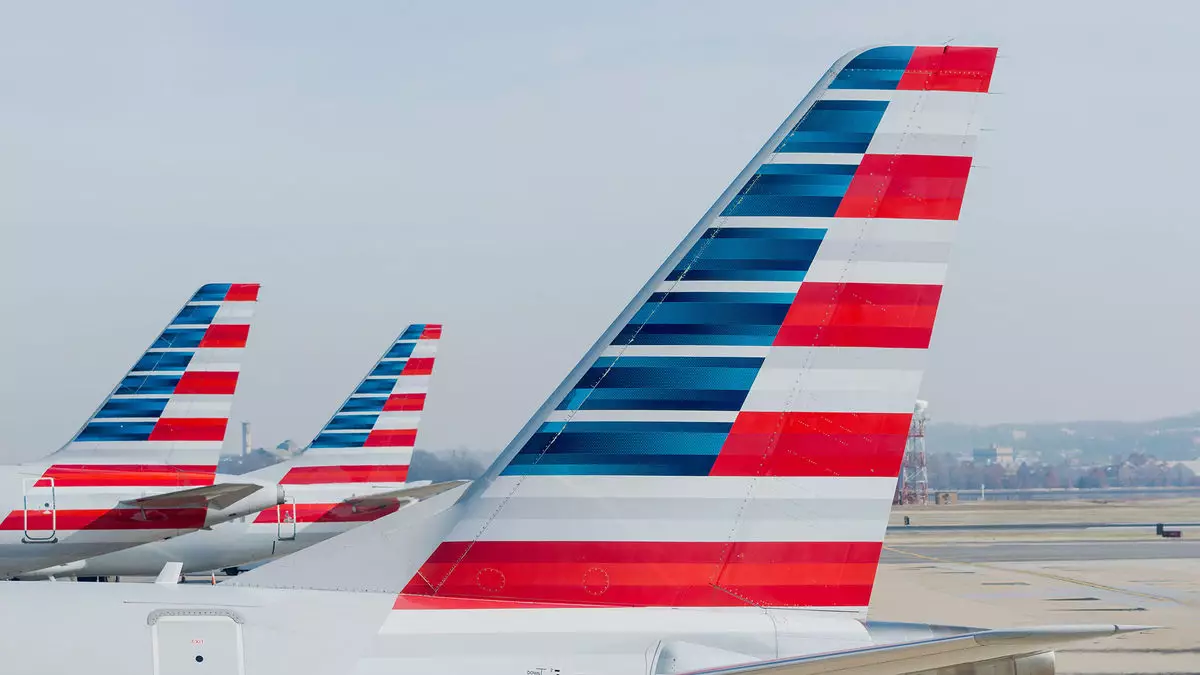In an ambitious move, American Airlines has approached the Supreme Court seeking a reexamination of the Northeast Alliance, its partnership with JetBlue. This plea comes on the heels of a federal court ruling that categorized the alliance as anticompetitive, effectively forcing its dissolution. With the air travel landscape increasingly crowded, especially in the Northeast corridor, American Airlines believes this strategic collaboration could have injected much-needed competition into the sector. By pulling the legal levers at the highest judicial level, American aims to challenge the narrative that collaboration among airlines equates to diminished competition.
At the heart of this legal battleground lies the tension between maintaining competitive markets and allowing collaborative ventures that could benefit consumers. American Airlines argues in its petition that the initial court ruling, led by Judge Leo Sorokin, failed to appreciate the nuanced advantages that the Northeast Alliance could have offered to air travelers. By sharing resources and coordinating schedules, American and JetBlue aimed to enhance options for consumers in congested hubs like Boston Logan and New York’s vital airports. However, the Department of Justice argued that this partnership warped the competitive landscape, transforming rivals into partners, thereby raising concerns about monopolistic practices.
The airlines’ appeal highlights that the analytical approach taken by the First Circuit Court faltered by examining the alliance’s effects solely on a route-by-route basis. American insists that this myopic view overlooks the broader impacts on market competitiveness. The airline posits that the alliance was an attempt to foster greater competition against dominant players like Delta and United Airlines, thereby promoting consumer welfare.
The ramifications of this legal dispute extend beyond just the airlines involved. American’s statement hints at a larger shift in antitrust enforcement, suggesting the DOJ’s aggressive stance against mergers and alliances threatens to chill future collaborations across industries. The airline industry’s struggle against stringent antitrust laws raises essential questions about what constitutes a “procompetitive” endeavor in an era when partnerships could be crucial for survival in a hyper-competitive landscape.
American’s appeal calls for a reevaluation of the joint venture criteria established by past rulings, advocating for a framework that prioritizes the benefits such partnerships can provide to consumers. The airline argues that recent trends have marked a departure from the consumer-welfare standard, leading to an environment where well-structured collaborations are deemed problematic rather than beneficial.
The Future of Air Travel: Collaboration or Competition?
As American Airlines awaits the Supreme Court’s decision on whether to hear the case, the broader aviation community watches closely. The resolution of this legal battle could redefine how airlines collaborate in the face of an ever-evolving travel landscape. Will the Supreme Court uphold the commitment to competitive markets by dismissing American’s appeal, or will it set a precedent allowing airlines the leeway to innovate through collaboration? The outcome could significantly impact not only the air travel experience but also the strategies adopted by various industries facing similar regulatory scrutiny.


Leave a Reply